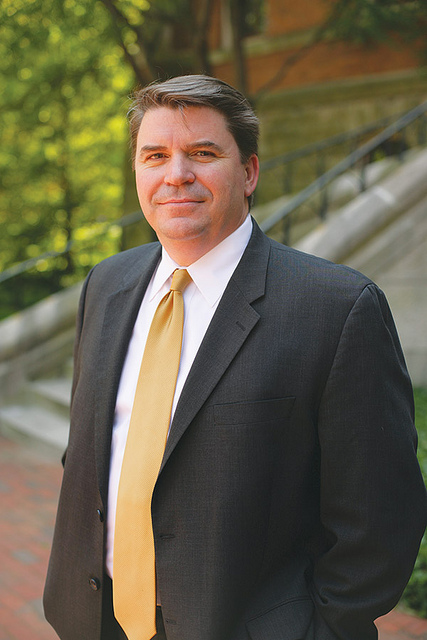Dr. Douglas Christiansen on Community Service and the Admissions Process
 Just before Thanksgiving, we discussed how important it is to paint a truthful portrait of yourself and your aspirations in your personal essay – not to simply regurgitate what you think admissions officers want to hear. That same logic can be applied to your extracurricular and service-related activities as well. Despite recent claims that students must be able to show a significant commitment to community service (literally defined) to gain acceptance to highly-selective colleges, it is actually more important that your counselor sees a history of commitment to any activity or pursuit that positively affected (and was affected by) a student.
Just before Thanksgiving, we discussed how important it is to paint a truthful portrait of yourself and your aspirations in your personal essay – not to simply regurgitate what you think admissions officers want to hear. That same logic can be applied to your extracurricular and service-related activities as well. Despite recent claims that students must be able to show a significant commitment to community service (literally defined) to gain acceptance to highly-selective colleges, it is actually more important that your counselor sees a history of commitment to any activity or pursuit that positively affected (and was affected by) a student.
This idea was expanded on at length by Dr. Douglas Christiansen, Vanderbilt’s Vice Provost for Enrollment and Dean of Admissions, in a recent article on the website College Admission:
While it is true that being involved in activities outside of the classroom is critical to admission at highly-selective colleges and/or universities, what is not necessarily true is that the involvement comes only in an area of community service or that community service is viewed at a higher level in the selection process. What is truly important, regardless of the activity, is the student’s level of commitment and engagement. Admission officers want to see dedication to an organization or group — a personal commitment that has lasted over time, not just a two-weekend visit to a soup kitchen that looks good on paper. What is critical is the personal investment by the student to something meaningful at his school or in her corner of the world.
We want to see how involvement in the activity – be it work, sports, music, art, performance, or community service – changed the student’s perspective of the world and how the student changed that organization, team, or performance because of his or her involvement. What insight and learning did the student acquire as a result of participating? Did the student make a meaningful contribution? In other words, not only is the difference the student made to the organization important, but also the difference the organization made within the student. Did the participation and leadership give the student some personal insight or a different perspective of his/her personal situation? Did his or her outlook on life or priorities change as a result of being involved with this group?
Being dedicated and passionate about something other than class work is critical, not only as a college applicant, but as a human being, and colleges and universities want to see that in the application process – but this involvement and leadership can happen in many, many areas and is not tied to one specific endeavor.
College Admission, which is a companion to the book College Admission: From Application to Acceptance, Step by Step, authored by Christine VanDeVelde and Robin Mamlet, features Dr. Christiansen’s commentary in full, as well as some additional context on this issue. Make sure to read the entire post.
And, don’t forget: Remember to tell us who you are in your application. You’ve earned the right to!

December 11th, 2011
Out of curiousity, are decision letters mailed or e-mailed on the 15th?
December 19th, 2011
Decision letters were mailed on the 13th.
December 11th, 2011
Can 2012 ED1 applicants get denied? Or are the only two options accepted and deferred to regular decision?
December 19th, 2011
Yes, ED1 applicants can be denied.
December 12th, 2011
Will you guys still be making a post on when the ED1 letters go out? Can’t Wait!!!!!
December 13th, 2011
A post on EDI was published today in conjunction with the letters being mailed this afternoon.
May 22nd, 2012
It is nice that the letters are mailed because it feels like the students are really important, i also want to support you in the high evaluation of the community service because it really helps students be more aware of the society state if you ask me.